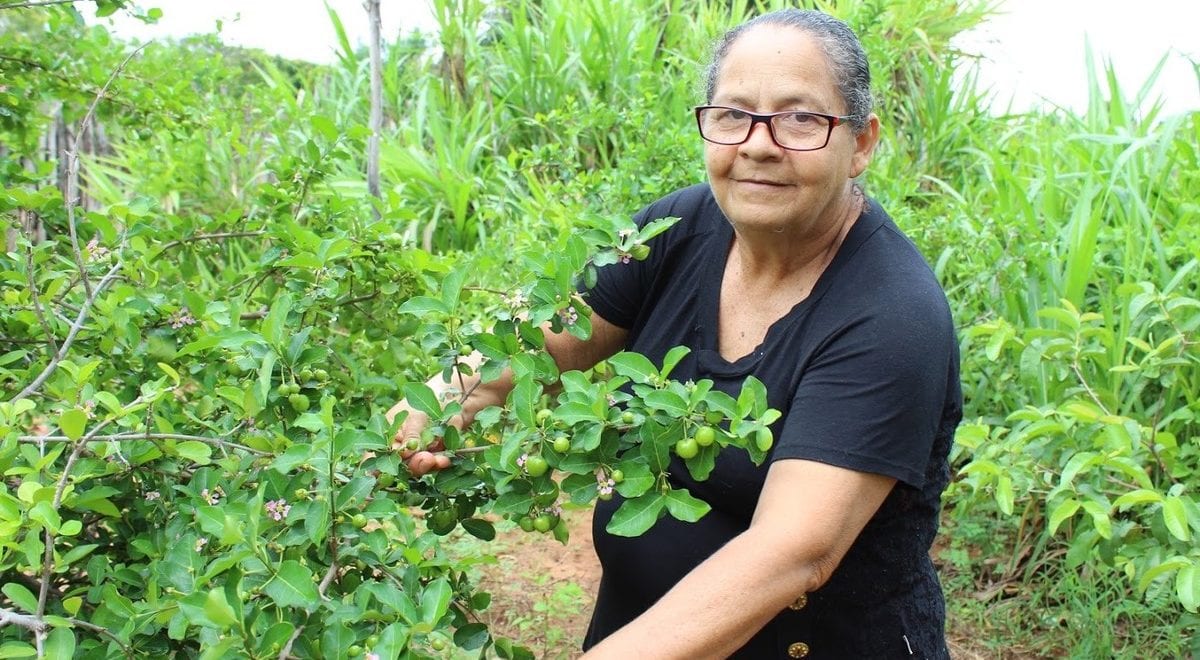Right now, I’m in Bellingham, WA, to participate in the IV Membership Assembly of the U.S. Food Sovereignty Alliance (USFSA). At a time when global social, political, and ecological crises continue to accelerate, communities from around the country on the frontlines of the corporate, industrial food and agriculture system are gathering together to lead on real solutions to climate change, hunger, and social inequity.
Founded in 2010, the USFSA is made up of “food justice, anti-hunger, labor, environmental, faith-based, and food producer groups” who have grounded the movement for food sovereignty in the United States. They uphold the right to food as a basic human right and work to connect our local and national struggles to the international movement for food sovereignty.
“Food sovereignty” is a term coined by La Via Campesina, the global movement of over 200 million small-scale farmers, peasants, farmworkers, and other food producers in over 70 countries. It is defined as “the right of peoples to healthy and culturally appropriate food produced through ecologically sound and sustainable methods, and their right to define their own food and agricultural systems.”
In other words, food sovereignty means that all people and communities have the fundamental right to determine their own food systems – how their food is produced, distributed, prepared, and consumed – and not have what we eat dictated to us by corporations and technocrats. The idea originally was a reaction to the concept of food security, which is simply a measure of how much food is available to a particular community. Food security is actually an incredibly minimal assessment and says nothing about whether people’s human right to food and their true needs for community, culture, and livelihoods are met by the food system.
Food sovereignty is a much different concept. For farmer movements in the Global South, food sovereignty meant an opposition to corporate globalization, GMOs, agrichemicals, and promotion of land and agrarian reforms. In the U.S., where the situation is much different, the USFSA is adding to the meaning of food sovereignty to address the issues confronting the grassroots communities that produce, process, prepare, distribute, and need the most.
For instance, the host of the IV Membership Assembly, Community to Community Development (C2C), works with farmworkers and immigrants in Washington state. They are helping indigenous farmworkers from Central America to organize one of the only independent farmworker unions in the country, Familias Unidas por la Justicia. Besides fighting for fair wages and working conditions, C2C is also supporting them to create their own agroecological worker cooperative, pushing for progressive immigration reform, and supporting grassroots movements for racial justice.
C2C’s work shows that food sovereignty in the U.S. is grounded in the multiracial, immigrant, working class and means fighting for farmworkers’ rights and immigrants’ rights. It means transitioning to agroecology, centering the struggles of people of color, and dismantling structures of racial oppression and patriarchy. Their work also shows that nonprofit organizations need be “grassroots support” organizations that support and develop the leadership of frontline communities – the leadership of farmworkers, women, immigrants and not just the leadership of people with university degrees and professional experience – because change only comes when the people most affected lead social movements.
We at ActionAid are participating in the USFSA Assembly because we recognize that we need a strong food sovereignty social movement in order to address the biggest problems we face. We are an international organization, but many of the global problems we face – like climate change, economic inequality, poverty – not only come from the U.S. but also impact so many people in the U.S. That is why it is critical to build up the power of grassroots organizations in the U.S. to solve global problems.
Industrial agriculture contributes 25-33% of greenhouse gases. It produces the majority of the world’s hunger and poverty (as over 70% of food insecure people are farmers and rural workers), and it is leading to an immense public health crisis as obesity and diet-related disease increase. It’s a main engine for structural oppression of people of color, indigenous people, and formerly colonized people.
It is powerful that the USFSA is holding its Assembly in Bellingham with C2C, because C2C models what all of our organizations should be doing in this critical moment for humanity. We are honored to have been invited to participate and to help build deeper linkages between the U.S. food sovereignty movement and international movements pursuing the same goals.



